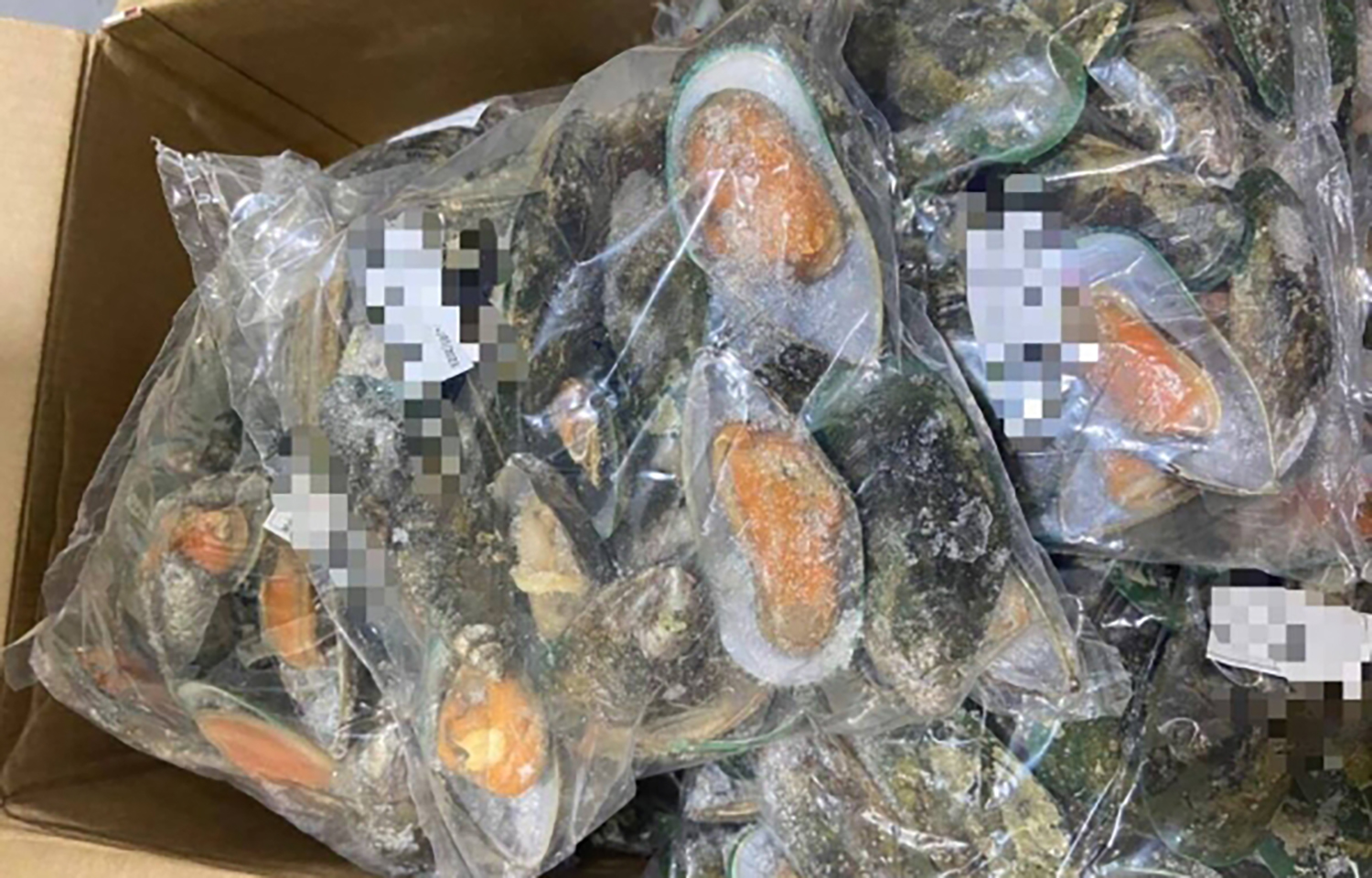Saudi Arabia’s Ministry of Commerce and Investment has punished an importing company that was found selling expired seafood, arresting 13 of the firm’s workers.
The unnamed company altered products’ expiry dates on packaging, a practice flagged by Saudi Arabia’s anti-commercial fraud system, which monitors the country’s food safety.
The seafood in question included 264 tons of fish, shrimp, crab, and other products, the value and origin of which were reported to be unknown. Authorities confiscated the products and destroyed them in line with the provisions outlined in the country's anti-commercial fraud law.
The government has indefinitely frozen the importer’s supply and distribution chain and ordered the closure of its headquarters in the Saudi Arabian capital of Riyadh, according to the Saudi Gazette.
Saudi Arabia imposes a penalty of SAR 1 million (USD 266,000, EUR 246,000), three years imprisonment, or both under the anti-commercial fraud law. Foreigners indicted for fraudulent trade are deported and permanently lose the right to obtain a work visa in Saudi Arabia.
The unknown origin of the seafood in question is especially concerning for Saudi officials, particularly because concerns have cropped up consistently on the safety of certain seafood imports into the country, especially shrimp. In the past, this issue has forced Saudi Arabia to suspend shrimp imports from some international markets because of safety concerns.
For instance, in early 2023, the Saudi Arabia Food and Drug Authority banned, albeit temporarily, shrimp imports from India after tests by the Ministry of Environment, Water, and Agriculture detected the presence of white spot syndrome virus (WSSV) in Indian-origin frozen shrimp products. A previous ban was put in place for shrimp imports from Pakistan after the World Organization for Animal Health released information on the presence of WSSV in some Pakistani seafood products.
To avoid issues of low-quality seafood imports and bolster food security in the country, among other goals, Saudi Arabia has invested in boosting domestic seafood production, aiming for 2024 output to total 230,000 metric tons (MT). The country aims to accomplish this through a mix of aquaculture projects and capture fishery output, with the ultimate goal of boosting country-wide production to 600,000 MT by 2030.








